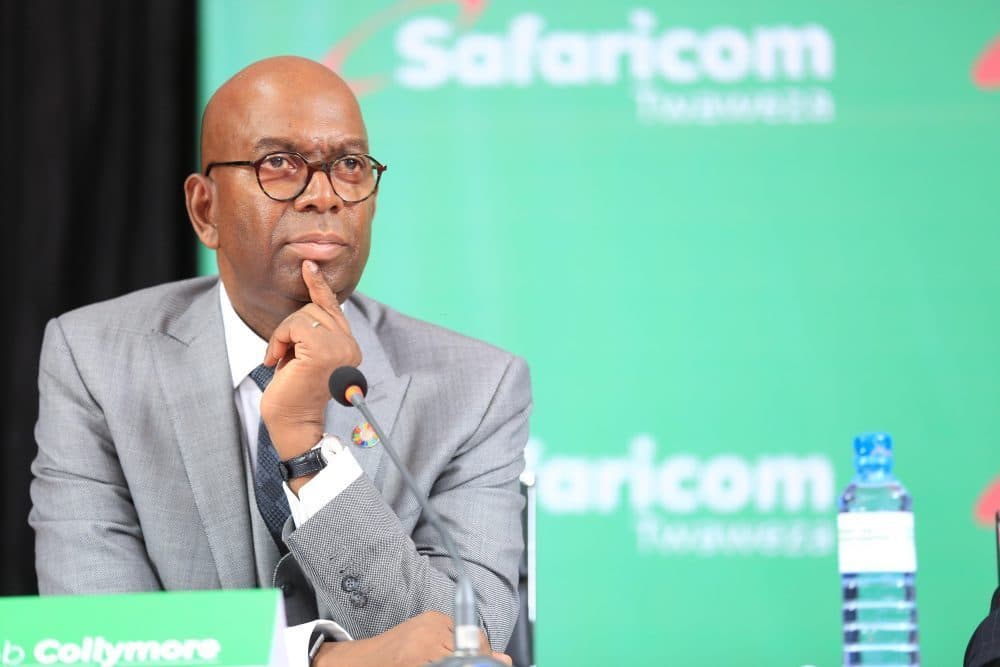We're loading the full news article for you. This includes the article content, images, author information, and related articles.
As Safaricom marks a quarter-century of operations, the telecommunications giant that shaped Kenya's digital economy confronts a landscape of increasing competition, regulatory pressures, and the challenge of replicating its domestic success across the region.

Safaricom, which officially launched in October 2000, has become synonymous with Kenya's technological and economic advancement over the past 25 years. Initially a subsidiary of Telkom Kenya, a 40% stake acquisition by Vodafone in 2000 marked a pivotal moment, transforming it into a joint venture. The company's early focus was on expanding mobile voice and SMS services in a country with limited landline infrastructure. Safaricom's growth was rapid, amassing 26,000 subscribers by 2001 and surpassing 15 million by 2010. In 2008, Safaricom held its Initial Public Offering (IPO) on the Nairobi Securities Exchange, a landmark event that saw the Government of Kenya reduce its stake and allow for public investment.
The launch of M-Pesa in March 2007 is arguably Safaricom's most significant contribution, revolutionizing the financial landscape not just in Kenya, but globally. Initially conceived as a mobile-based system for microloan repayments, its use quickly evolved into a comprehensive financial service for sending and receiving money, paying bills, and accessing credit. M-Pesa's impact on financial inclusion has been profound. By 2021, it had helped increase financial inclusion in Kenya to 84%, up from just 26% in 2006. Today, the platform serves over 32 million Kenyans and processes transactions equivalent to a significant portion of the country's GDP. The service has evolved to include products like M-Shwari, a mobile savings and loan service launched in partnership with NCBA Bank in 2012, and Fuliza, an overdraft facility introduced in 2019.
Safaricom's contribution to the Kenyan economy is substantial. In the 2025 financial year, the company's 'True Value' contribution to the economy was reported as KSh 1.1 trillion, with a direct contribution of KSh 809 billion to the country's GDP. The company's operations and ecosystem support a significant number of jobs in Kenya. Beyond its economic impact, Safaricom has invested in social programs through the Safaricom and M-PESA Foundations, focusing on education, health, and economic empowerment.
Despite its dominant market position, with a 65.9% customer market share as of July 2024, Safaricom faces a host of challenges. Competition in the Kenyan telecommunications market is intensifying, with rivals like Airtel Kenya gaining ground. The regulatory environment is also evolving. The Communications Authority of Kenya (CA) oversees a complex set of regulations governing competition, consumer protection, and tariffs. The Kenya Information and Communications Act, first enacted in 1998, provides the primary legal framework for the sector and has undergone numerous amendments to keep pace with technological advancements.
Safaricom's strategic response to these challenges includes a pivot towards becoming a purpose-led technology company. This involves diversifying its revenue streams beyond traditional voice and data services into areas like e-commerce, cloud solutions for businesses, and digital financial services. The company is also focused on leveraging data and artificial intelligence to personalize customer offerings and improve efficiency.
A key pillar of Safaricom's future growth strategy is its expansion into Ethiopia. After launching services in 2022, Safaricom Ethiopia has been in a phased, city-by-city rollout. While the venture has shown promising customer growth, it has also faced challenges, including the security situation and currency reforms that have increased operating costs. The company aims to reach break-even in Ethiopia by the 2026/2027 financial year. The Ethiopian market, with its large population and relatively low mobile penetration, presents a significant opportunity for Safaricom to replicate its success, though it faces a tougher regulatory environment than it did in its early days in Kenya.
As Safaricom celebrates its 25th anniversary, it stands at a crossroads. The company that fundamentally reshaped Kenya's economic and social fabric must now navigate a more complex and competitive landscape. Its ability to innovate, adapt to regulatory changes, and successfully expand its footprint beyond Kenya will determine its trajectory for the next quarter-century. The journey from a mobile network operator to a regional technology powerhouse is underway, but the path is not without its obstacles.
Keep the conversation in one place—threads here stay linked to the story and in the forums.
Sign in to start a discussion
Start a conversation about this story and keep it linked here.
Other hot threads
E-sports and Gaming Community in Kenya
Active 9 months ago
The Role of Technology in Modern Agriculture (AgriTech)
Active 9 months ago
Popular Recreational Activities Across Counties
Active 9 months ago
Investing in Youth Sports Development Programs
Active 9 months ago